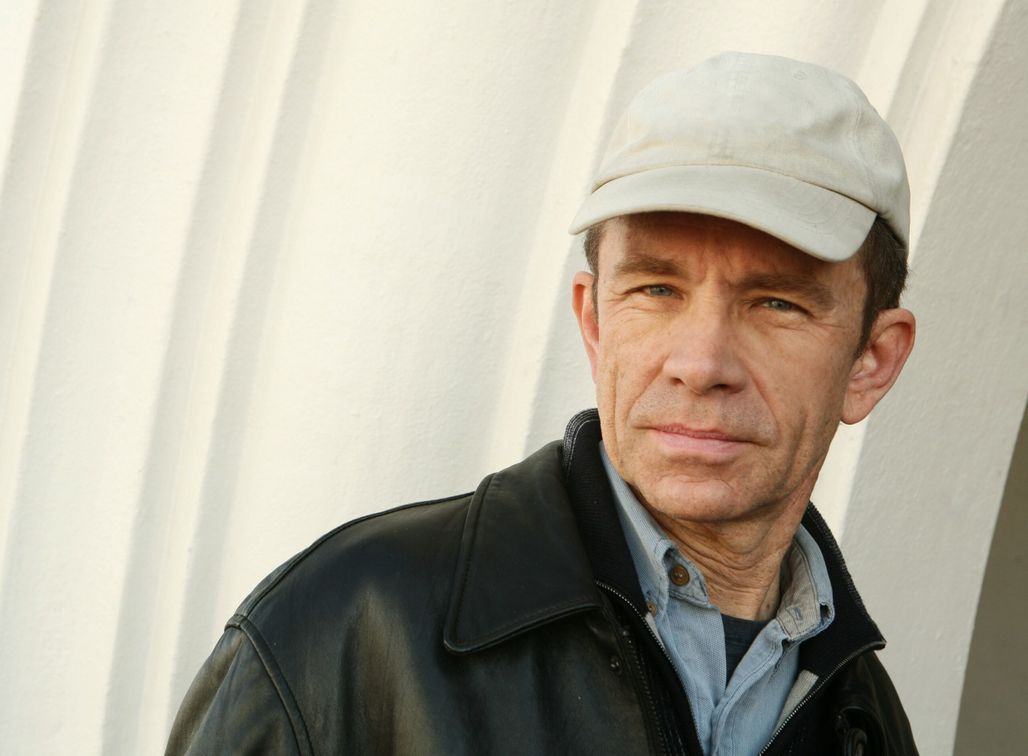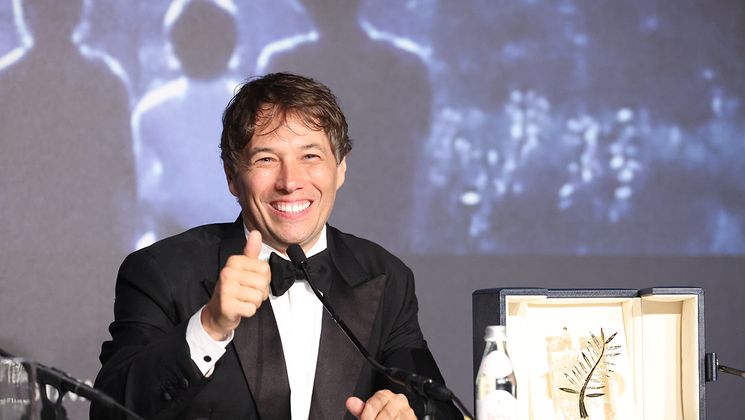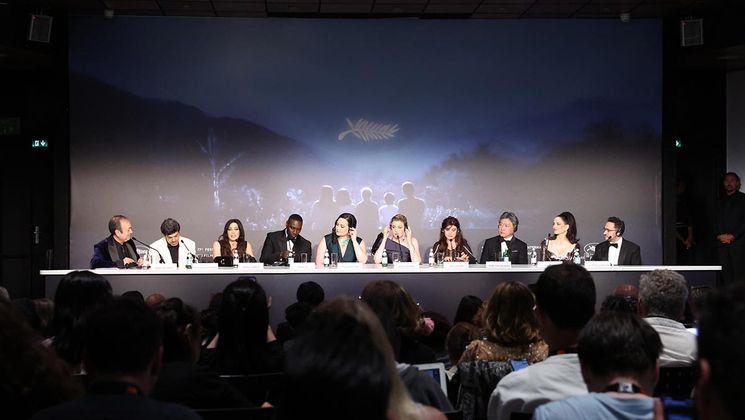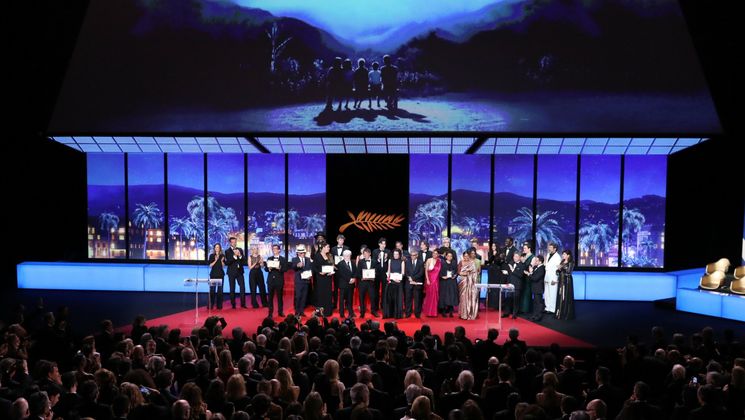
Interview with Todd McCarthy, member of the Un Certain Regard Jury

A regular of the Festival de Cannes, which he has been attending since 1970 and has covered for Variety and The Hollywood Reporter, Todd McCarthy has left his pen behind this year to sit on the Un Certain Regard Jury. Also a writer and director of documentaries on cinema, the journalist shares his vision of his profession.
How did you feel when you were asked to be a part of this jury?
I’ve been coming to Cannes since 1970 and that probably makes me one of the oldest of this edition! All kidding aside, it’s very emotional for me to be a part of this jury. This year, for the first time, I don’t have to write a single word. It’s a real pleasure to be here under such circumstances. Cannes is the most important festival in the world and it’s exactly for that reason that I came here for the first time when I was 20. I don’t even remember how I got accredited. I must have seen five or six films a day.
What are the differences with how the festival is now?
I think that the main difference lies in the fact that in the 1960s and 70s, the French influence was much more pronounced. At the time, the French film industry was very powerful. Today, there are films from around the world and the influence is more evenly balanced. Currently, there is a lot more interest for films that come from places we don’t know a lot about or which have small industries that we are only now noticing. The other difference is that access to professionals, to filmmakers and to actresses was much more fluid at the time. You could meet them in restaurants, in bars, or while walking around. There weren’t any barriers between VIPs, the stars and everyone else. And the press conferences were always great. I was able to rub shoulders with big names, from Otto Preminger to Jack Nicholson. There weren’t the barriers that we have today. But the festival has always kept its integrity and its stature in the world of cinema is still enormous.
You lived through the golden age of criticism, how do you see it evolving?
It’s hard to say what the future of film criticism will be. There are critics everywhere who write and who can attract attention thanks to new media. It’s really become fragmented thanks to TV and amateur video. There are a lot of different ways to use media today and we’ll see what happens. I won’t say that the quality is better or worse but there are so many ways to get information on films today and to find out if they’ll interest you, if they’re good or if they’re worth seeing… So I think that critics are not as powerful as before. On the other hand, if major critics really support a new film or a new director that you haven’t heard of, then they can play a major role in putting these people on the map.
What advice would you give to a new film critic or to a film lover who would like to become a film critic?
I’d simply say that you have to give it a shot! In my case, it was at university in my student paper. Today, you can publish articles online and do it yourself. I think that there is a space now not only for major critics but also for others and young people. If they have their finger on the pulse of something new, they can make it known more quickly, without having to fight for a few column inches in a newspaper or magazine.
Is there a film or filmmaker that you would recommend without hesitation?
Over the course of the last twenty of thirty years, filmmakers like Stanley Kubrick have been extremely important. In Europe, there was Buñuel and the New Wave. They showed that a new excitement in cinema was possible and that studios weren’t the only ones capable of renewing it. The 1950s and 60s were vital, especially for French cinema. Since then, a lot of fantastic artists have come on the scene every year, including in the US. For a few years now, women have been the source of a lot of attention. It’s really important for there to be more young women in the industry. It’s something I’ve felt for a number of decades.
What are you working on at the moment?
I’ve been working on a screenplay for a long time. That’s why I’ve come to France this year, and I’m almost finished. I’ll then write a book on my time in Hollywood, starting with the first films that I watched. I want to look at this period in a very personal way, evoking what these films meant for me at certain moments in my life and how they were connected to everything that was happening in the world of cinema. I want to write it like a personal autobiography and discuss films at each stage. It will be a cinematographic biography.


